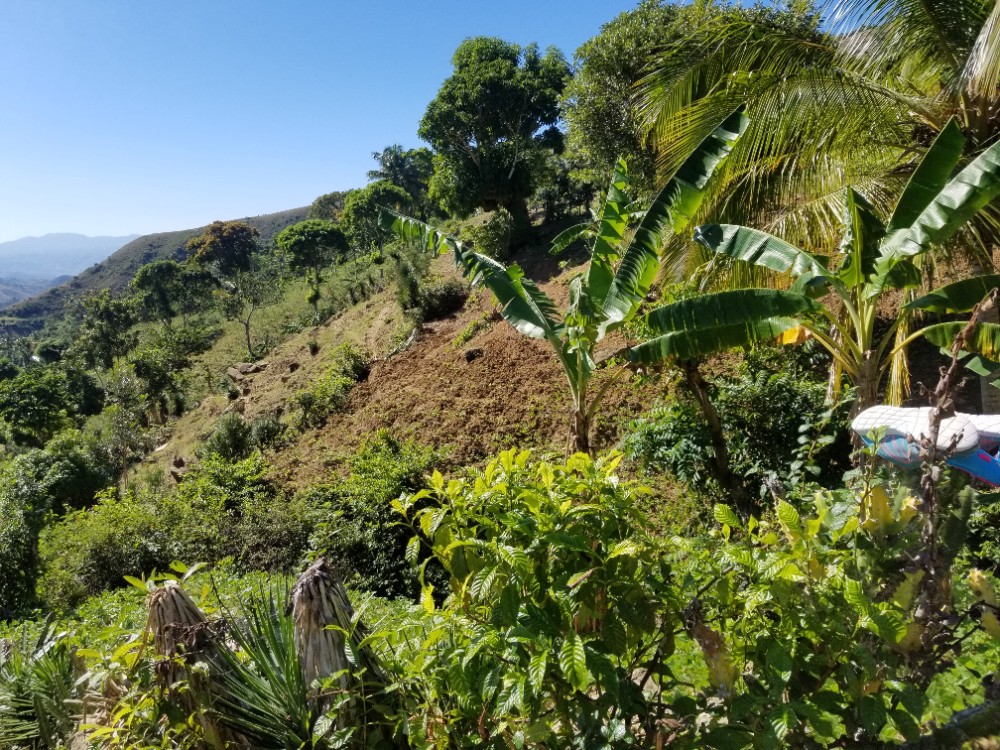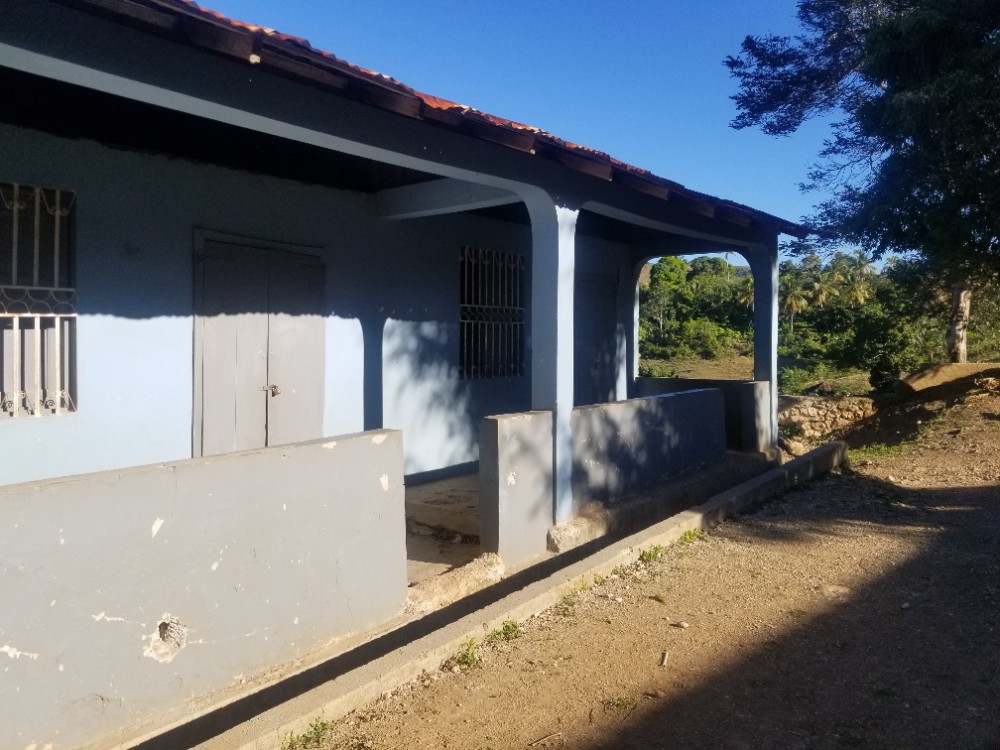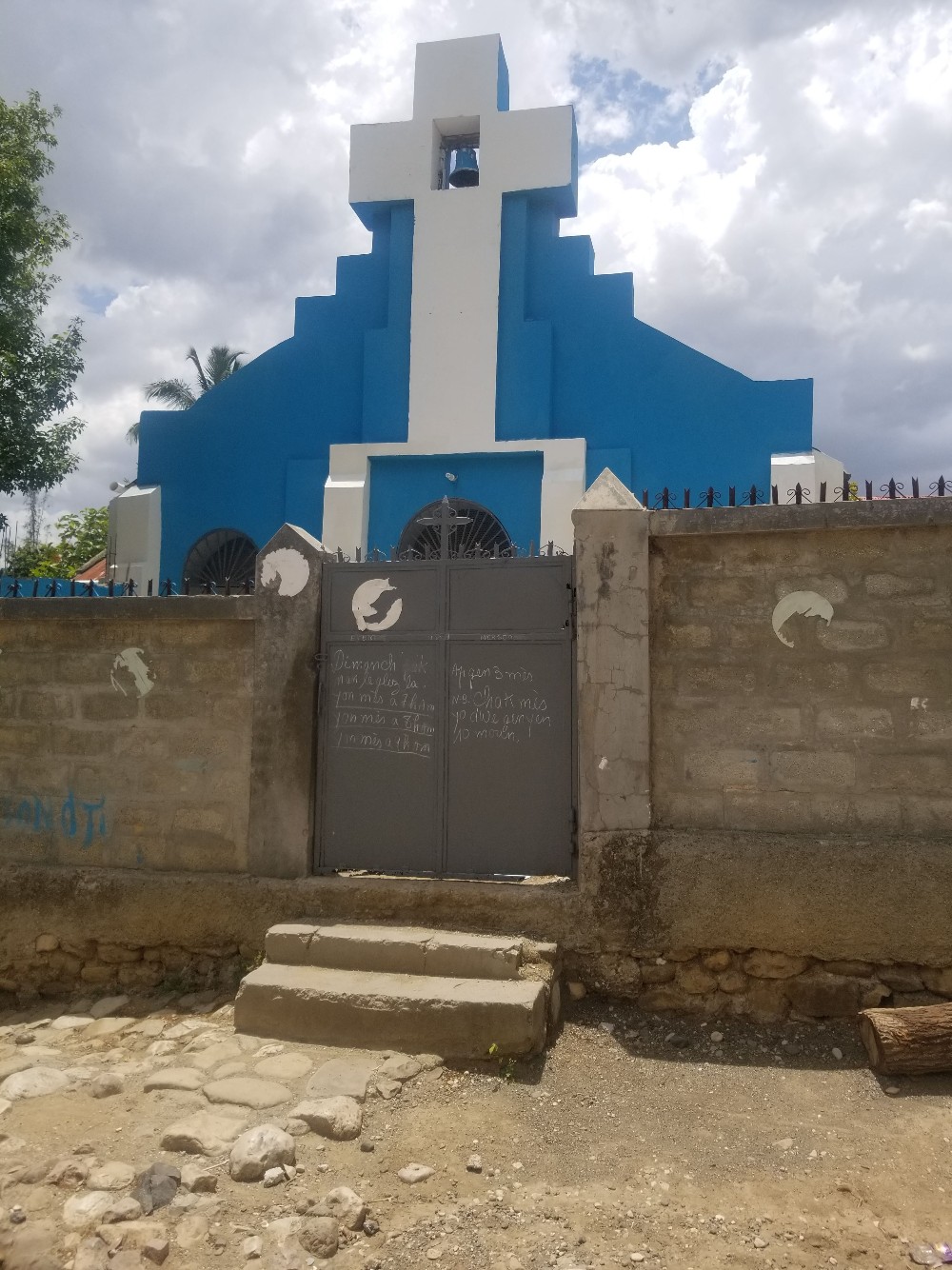
Are we capable of rediscovering that each of us belongs to the same species, that we have an indivisible bond with all life? Perhaps that is the question – the very last – before we draw our last dying breath. Achille Mbembe, The Universal Right to Breathe (translated Caroline Shread)
Masak is a small village that straddles the border of the Northwest and Artibonite departments in northern Haiti. Over the years the division of Masak and surrounding areas across departments has underscored an intra-communal conflict going back generations. Young people today have no idea how it started, but from time to time, fighting will break out, and they get drawn in. Today, however, the intensity of the violence is magnified by the availability of high-powered weapons, and the general environment of insecurity driven by armed groups who operate in a space of impunity - often protected by political actors, or facing a police force ill equipped and unwilling to help.
The latest round of violence was kicked off when a young woman from the north was robbed on one of the mountain trails that connect Masak to La Pierre and Mayombe in the communal section of Pendus. This was in March, and over the next several months, fighting led to the burning of nearly 50 homes in the area. In mid-August, during a particularly intense weekend, 22 houses were burned and at least five people were killed. One estimate of the total number of people killed in the recent fighting is 21. People have died from gunshot wounds and smoke inhalation. Some show signs of having been beaten. The armed groups have also stolen livestock, leaving displaced families with nothing.

As a result of the violence, people have fled the mountain area near Masak for nearby La Pierre, the main population base of Pendus. The refugees in La Pierre report preparing “go bags” so they can leave immediately with some basic items if the gangs come out of the mountain to attack. Father Sylvio opened St. Joseph’s Church to young people to use as a school over the summer, and has invited students to join with others at the parish grade school in La Pierre. As a result, the school has doubled the number of students in some grade levels. The school’s presence is taken as a positive sign, demonstrating Father Sylvio’s commitment to the area, and so the people are standing with Father Sylvio for now.
Three weeks ago Father Sylvio organized a conference on conflict resolution with community leaders from the mountain areas near Masak. Following the meeting, someone leaked the names of the attendees to gang leaders, and several were then attacked, including one who was shot. Many of the leaders are now ¨mawon¨ or hiding deeper in the mountains.
Meanwhile, in early September, Father Sylvio made an official report of the violence to the local police. Geri Lanham, who works with Father Sylvio through an education program, reports, “When he described the guns that the bandits are carrying, the local PNH [Haitian National Police] said that they can't do anything because they already know that they are outgunned.” Father Sylvio also approached a military police unit stationed in Gonaives. They were aware of the conflict, but noted the last time they got engaged, one of their officers was shot. They are said to be investigating, including links to weapons being trafficked across the border with the Dominican Republic.

For now, the community waits. In Pendus, the sound of gunfire can be heard coming from the mountains most nights. The gangs seem to have plenty of ammunition. Meanwhile, in Pendus, as in much of Haiti, everyone else seems to be on their own. There is little expectation that the state will step-in, and, even if it did, no one is particularly excited about inviting a large scale police operation. The struggle in Pendus is now one for recognition. For the lives lost, and more so for those that remain. A friend working in the community writes, "they want to have a resolution so that they can return to their communities up in Massak and Mawotye and not be afraid that they might have to run from La Pierre in the middle of the night under a hail of bullets. They want to be able to plant in their gardens and send their children out to play without the background noise of gunshots reverberating from farther up the mountain." Put another way, the struggle is simply to have the right to breathe freely, to live, recognized and protected.
